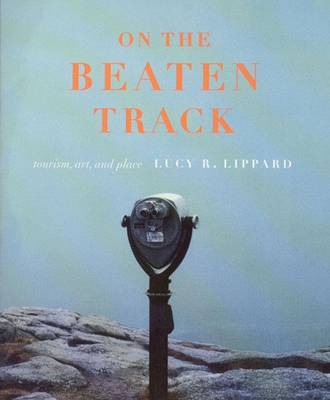
- Retrait gratuit dans votre magasin Club
- 7.000.000 titres dans notre catalogue
- Payer en toute sécurité
- Toujours un magasin près de chez vous
- Retrait gratuit dans votre magasin Club
- 7.000.000 titres dans notre catalogue
- Payer en toute sécurité
- Toujours un magasin près de chez vous
Description
In this "excellent" (The Baltimore Sun) book, Lucy R. Lippard weaves together cultural criticism, anthropology, and community activism for an in-depth look at how tourism sites are conceived and represented, and how they affect the places they transform. Critic Andrew Ross calls Lippard "the most surefooted tour guide you could hope for" in her exploration of being a tourist in one's own home, of how advertising and photography define place, of how antique shops function as populist museums, and of the commodification of indigenous cultures. With her characteristic breadth and critical eye, Lippard discusses the political economies of leisure spaces, the tourist's fascination with tragic destinations (such as the sites of massacres and nuclear weapons tests, or Holocaust memorials), and our willingness to let national parks and heritage sites define nature and history.
Spécifications
Parties prenantes
- Auteur(s) :
- Editeur:
Contenu
- Nombre de pages :
- 192
- Langue:
- Anglais
Caractéristiques
- EAN:
- 9781565846395
- Date de parution :
- 01-09-00
- Format:
- Livre broché
- Format numérique:
- Trade paperback (VS)
- Dimensions :
- 182 mm x 224 mm
- Poids :
- 322 g







